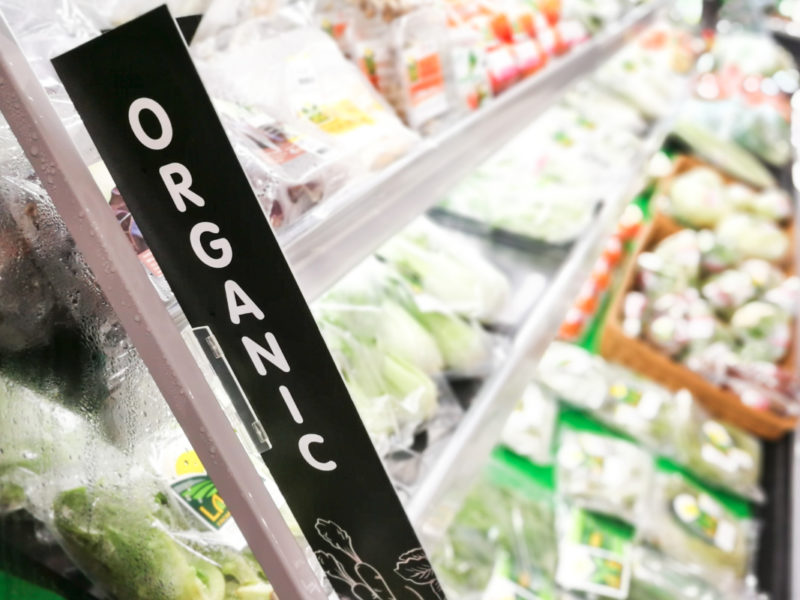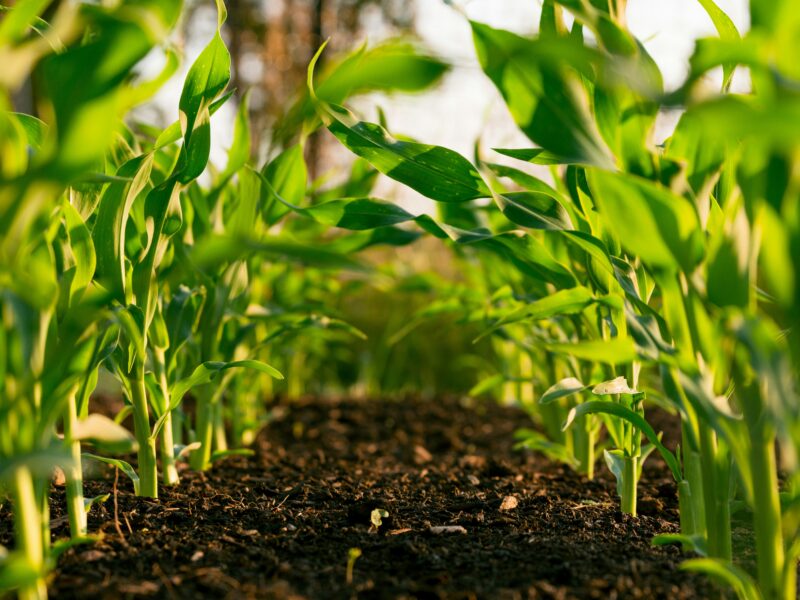The Natural List – 14 takeaways from Organic Week 2025
This episode provides valuable insights for anyone interested in the future direction of organic agriculture, food policy and changing consumer trust patterns in the natural products industry. Co-host Adrienne Smith welcomes guest Douglas Brown, senior retail reporter at New Hope Network, to discuss his first-time experience at Organic Week 2025 in Washington, DC. The conversation explores the evolving organic landscape as the Organic Trade Association celebrates its 40th anniversary amid political gridlock and changing consumer expectations.
Farming for function: Edacious and ROA put nutrition under the microscope
Edacious and the Regenerative Organic Alliance are teaming up to prove that how food is grown can directly boost nutrition, safety and consumer trust
Organic beekeeping can be even more profitable than conventional methods
Organic beekeeping can support healthy and productive honey bee colonies, and a new study led by researchers in Penn State’s College of Agricultural Sciences found that adopting organic honey bee colony management is not only profitable, but in some cases, it can be even more profitable than conventional management.
Forager Project seeks to elevate organic cashew farming
Forager Project, the organic non-dairy creamery, has launched a multifaceted initiative supporting cashew farmers in Côte d’Ivoire.
The Cashew Project, developed in collaboration with GIZ (Deutsche Gesellschaft für Internationale Zusammenarbeit) and ofi (Olam Food Ingredients), aims to help more women become farmers and gain financial independence, among other goals. The program also is providing training in climate-friendly agriculture practices and organic certification and supporting the development of affiliated infrastructure.
Experts call for expansion of organic farming
Consumer demand for organic fresh fruits and vegetables outweighs the availability of organic farms growing the food. In fact, while certified organic U.S. land for growing crops or livestock is increasing according to the U.S. Department of Agriculture, organic acreage is still less than 1% of American farmland.







